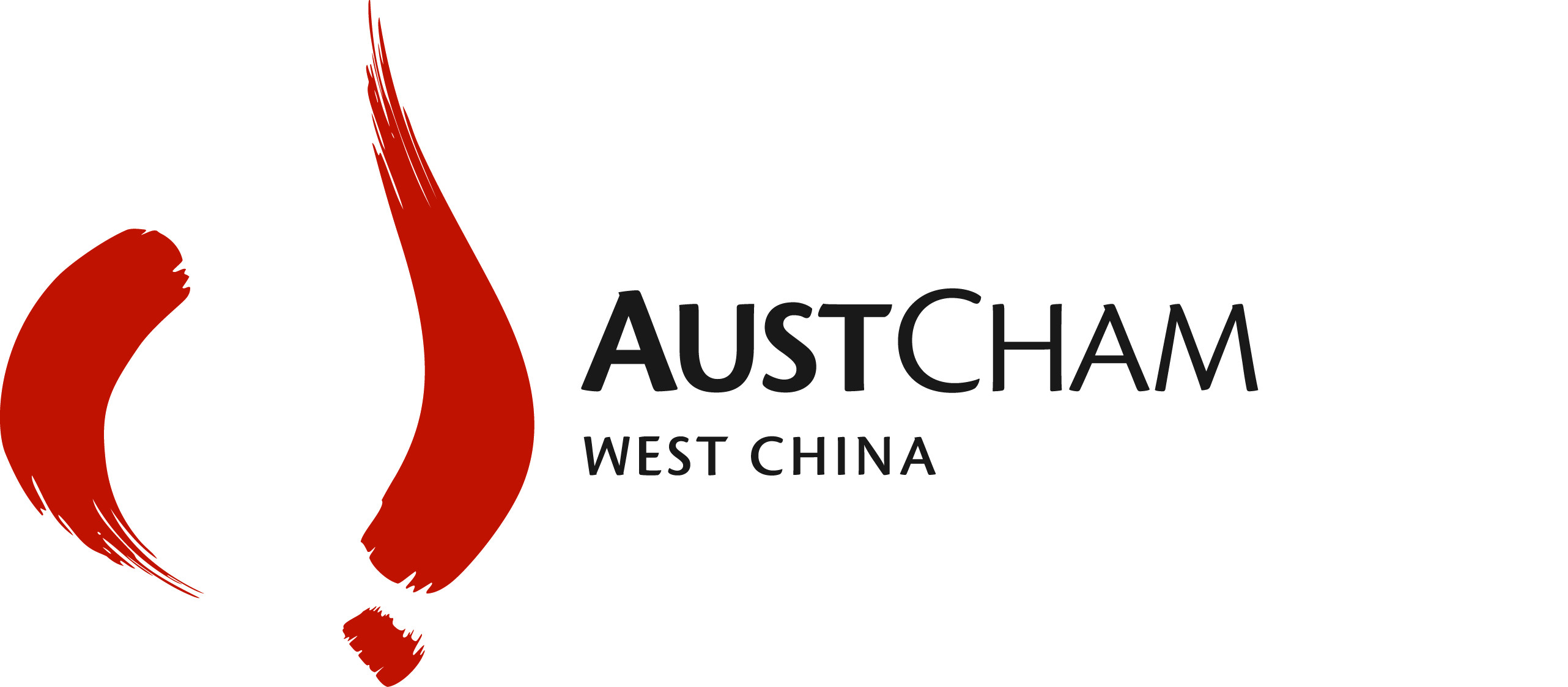In today’s Talking Points: A study finds that Chinese consumers on average spend $213 over five years on air pollution removal; the elderly health care system expands as over-60s get set to make up one-third of the population by 2050; GlaxoSmithKline’s vaccine for HPV is approved by the China Food and Drug Administration for sale in China; and China’s healthcare bonds surge as structural changes take place in the economy in preference of services.
What’s the value of clean air? Study finds Chinese consumers spending $213 over five years
Chinese consumers spend on average $213 over five years on air purifier products, a study has found. Chinese consumers are willing to pay $5.36 on average to remove each microgram of pollutant per cubic metre of air. Economists from the University of Chicago and University of Colorado tracked air purifier spending habits in 81 Chinese cities over seven years to calculate the figure.
China’s rapid, energy-intensive growth has produced high pollution levels throughout the country, with cancer causing PM2.5 – particulate matter smaller than 2.5 micrograms – regularly reaching hazardous concentrations in the country’s cities. Knowing how much consumers will pay for cleaner air helps government judge the degree to which they should prioritise environmental controls over growth.
Source: Bloomberg
Healthcare for the elderly: sector to surpass commercial property within 15 years
China’s elderly healthcare sector will surpass commercial property to become the nation’s largest industry within 15 years, with over-60s set to make up one-third of the population by 2050. The aging population poses challenges for China’s pension funds and state-run welfare system, which must accommodate an additional 10 million people per year. But it also offers massive opportunity for private service providers.
Expensive private care centres located in the suburbs of major cities have sprung up, although their prices limit them to the wealthy, while waiting lists for the few public centres make entry difficult – the sector is ripe for disruption. But complicating matters is an objection by many elderly Chinese to the idea of care centres, with most strongly preferring to remain at home, close to family, creating an emerging market for domestic carers for the elderly.
Source: China Daily
First HPV vaccine approved for China
GlaxoSmithKline’s human papilloma virus vaccine Cervarix has been approved by the China Food and Drug Administration for sale in China. HPV vaccines are recommended by the WHO for the prevention of cervical cancer. Cervarix is the first HPV vaccine licensed for use in China.
Source: Xinhua
China’s healthcare bond sales surge in transition to service driven economy
Chinese pharmaceutical and health-care companies have sold 64.8 million yuan in corporate bonds this year, already a 153% increase on the previous one year period. This is despite an overall drop in corporate bond issuance in Q2 as borrowers in industries with overcapacity such as mining and energy were finding it harder to refinance. Although healthcare bonds have lower yields, healthcare companies rank as the lowest risk among all non-financial firms listed in Shanghai and Shenzhen according to Bloomberg data. The cash flows of Chinese pharmaceuticals companies in particular are typically strong because public hospitals, which sell the majority of medicines in China, have a very low risk of defaulting. The prospect of safety over returns is making these companies an attractive investment for state banks and mutual funds which have traditionally favoured lending to SOEs and real estate.
Source: Bloomberg

